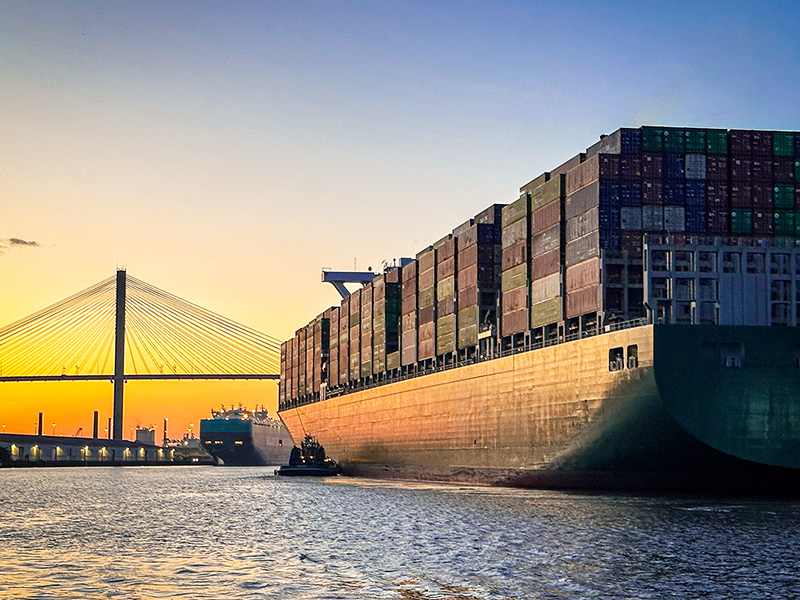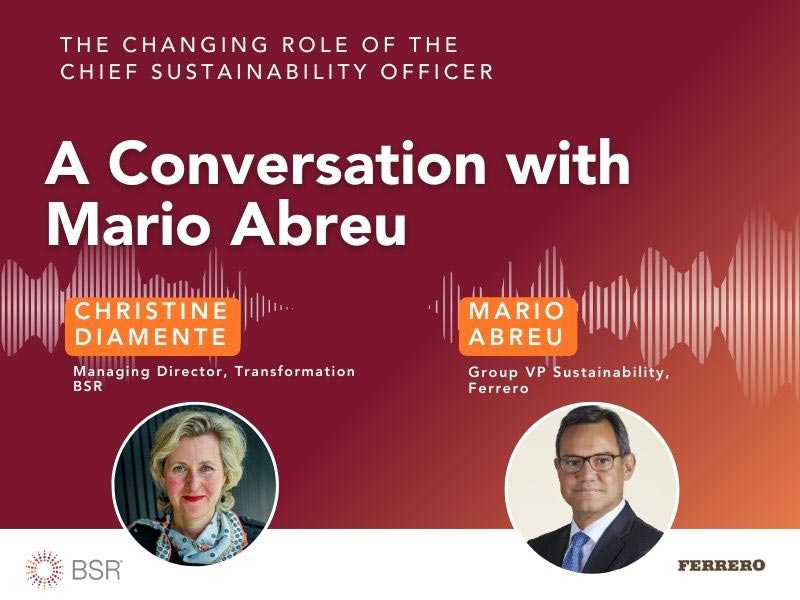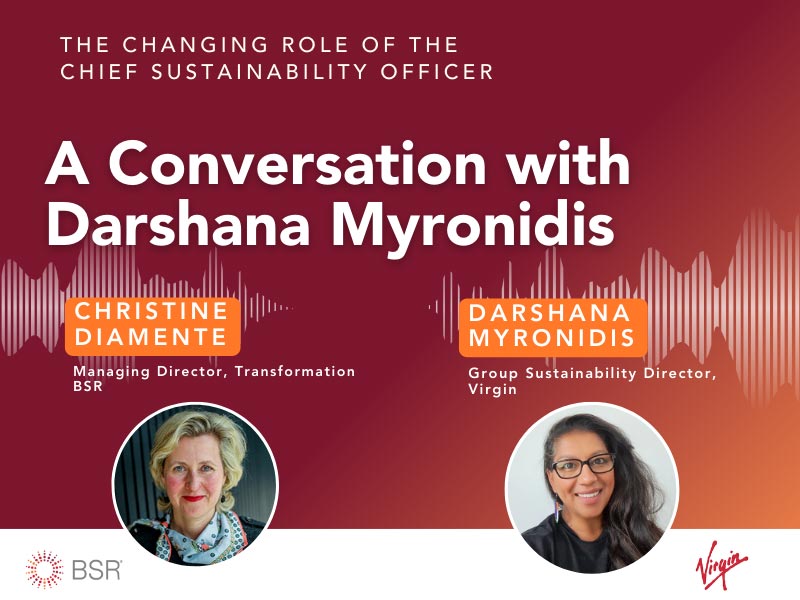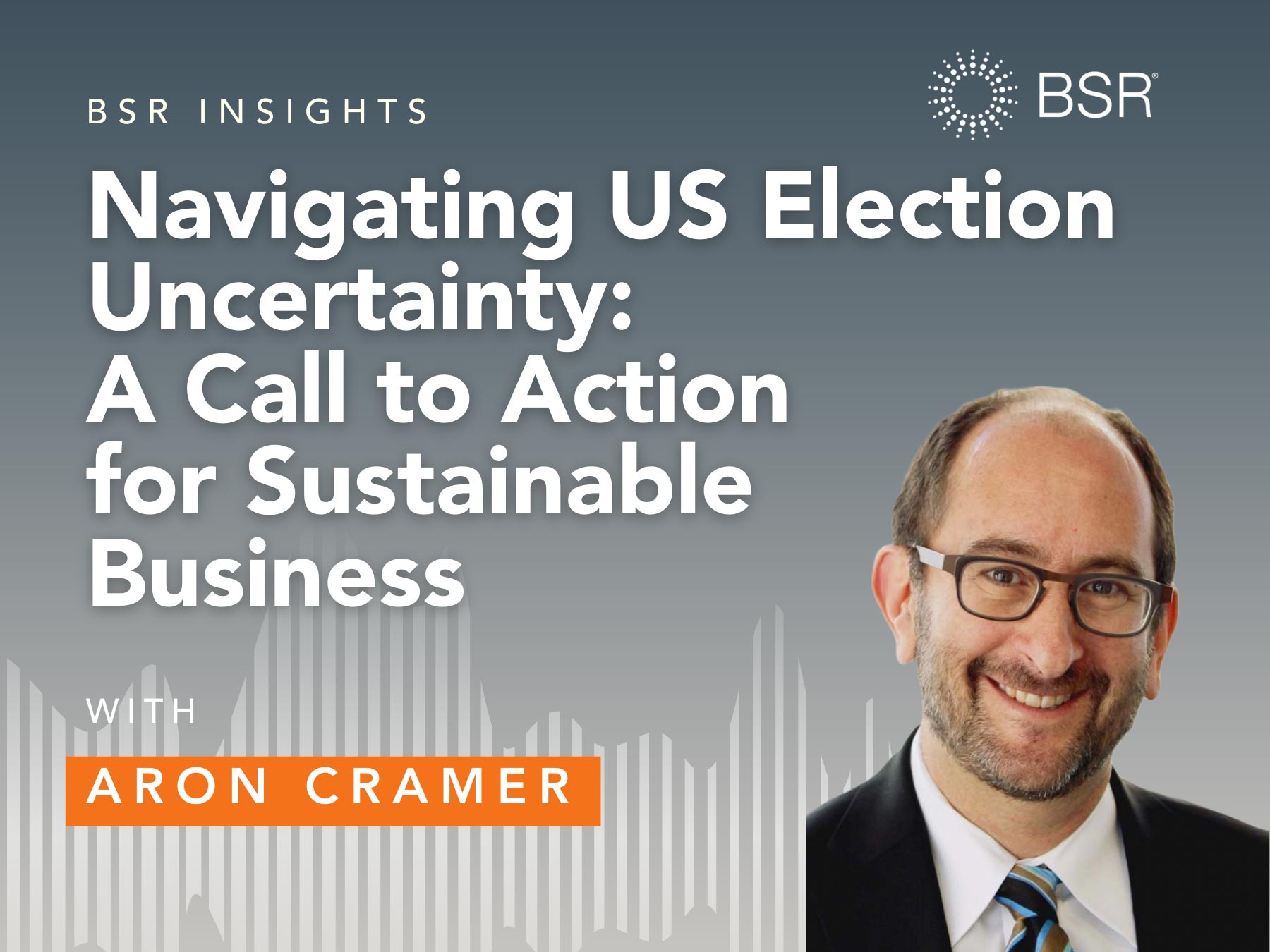
It is already axiomatic to say that 2017 has ushered in a new era of uncertainty, though core assumptions driving multinational business have been under threat for some time. The ascendancy of competitive nationalism and populist politics in the United States and Europe has simply made these trends impossible to ignore. Developed markets and large emerging markets can no longer be considered benign and predictable from a political risk perspective, and business can no longer assume that we are on a steady journey toward ever greater economic liberalization and regulatory convergence.
These shifts in the operating environment have been accompanied by a dramatic collapse in public trust in institutions, including business, according to the 2017 Edelman Trust Barometer. Though only 37 percent of respondents now find CEOs to be trustworthy, perceptions of the media, NGOs, and governments are even lower. But despite a far more difficult operating environment, business still has an opportunity to provide leadership, innovation, and inclusivity.
There are clear drivers for multinationals to rethink their approaches to risk, resilience, and corporate responsibility. A far wider range of plausible scenarios is in play, and traditional risk management and strategy tools are not well placed to address current challenges. And open, interactive communication with those that are affected by, or have power to influence, a company’s strategy and agenda just shot to the top of the priority list.
Therefore, companies should pay attention to four stakeholder trends in 2017:
- The corollary of weaker regulation is greater stakeholder activism. The new U.S. government has already signaled that it would like to weaken or dismantle regulation in key sectors, such as finance and energy. But this is unlikely to ease operating conditions for business, as any weakening of regulation at the country level will be accompanied by an increase in stakeholder activism, amplified by the contentious political climate. Companies must learn to proactively address collapsing public trust via consideration of ethics that go beyond mere legal compliance. Many companies are setting up ethics functions that interact with, but are separate from, compliance. Others are exploring synergies among the audit, compliance, and sustainability functions to best promote their values.
- Local conflicts can now gain global platforms. Hyper-transparency means that community disputes can be amplified to win worldwide prominence. For example, indigenous rights groups in Latin America are partnering with global advocacy organizations to draw attention to their grievances. In agriculture, extractives, and infrastructure, companies that have long differentiated between project-level community engagement and corporate reputation management are finding this distinction increasingly difficult to maintain. Other companies that have traditionally thought of stakeholder engagement as an annual exercise conducted by headquarters are trying to define and understand their stakeholders more deeply, which is a complex exercise when it is not defined by the geographic focus of a project. Shifting migration patterns and cumulative impacts only complicate the exercise.
- Political and social risk are converging. Demographic shifts and automation are transforming the labor market and putting social services under extreme pressure—just as demands for sustainable, broad-based economic growth gain momentum. In the Global South, the growth of the middle class has increased individual and collective empowerment, while transforming the dynamics of political and social risk. Public opposition to government and business is coalescing around a common language of environmental justice, anti-corruption, and human rights. When protestors voice disillusionment with self-interested and inefficient regimes, local elites move with varying degrees of success to shore up their power. Companies can no longer separate social and political risk considerations, which means understanding the interaction among stakeholders—not just how stakeholders engage with companies.
- Understanding your impacts is no longer optional. The field of business and human rights has come of age, highlighting the need to extend risk analysis to understanding impacts. The launch of the Sustainable Development Goals in September 2015, too, is encouraging businesses to develop robust frameworks to measure the consequences of their activities. Human rights practitioners have rightly identified oversight of global supply chains as a key corporate vulnerability, with scrutiny of trafficking and slavery by regulators and the public giving rise to fresh norms and expectations. It has become clear to all that corruption everywhere is facilitated by global financial flows and can no longer be characterized as a developing-market problem. And while shareholder value remains any business’s dominant consideration, activists are scrutinizing the effects of tax avoidance upon human rights and broadly questioning the effectiveness of current corporate governance standards.
Neither legal compliance nor standard risk management tools are sufficient for companies who wish to survive and thrive in the new era. Rather, resilient companies will focus on core values, leadership, and a more inclusive approach to business.
BSR’s latest sustainability insights and events straight to your inbox.
Topics
Let’s talk about how BSR can help you to transform your business and achieve your sustainability goals.








